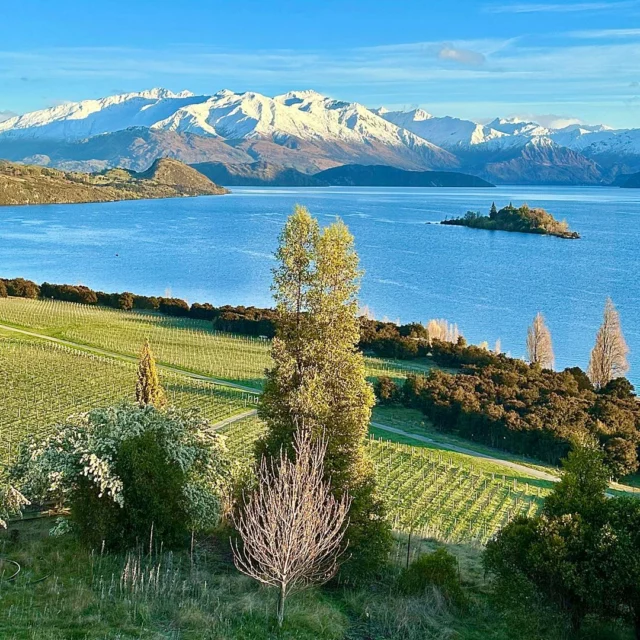2005 Vintage Overview
Updated Sep 2022
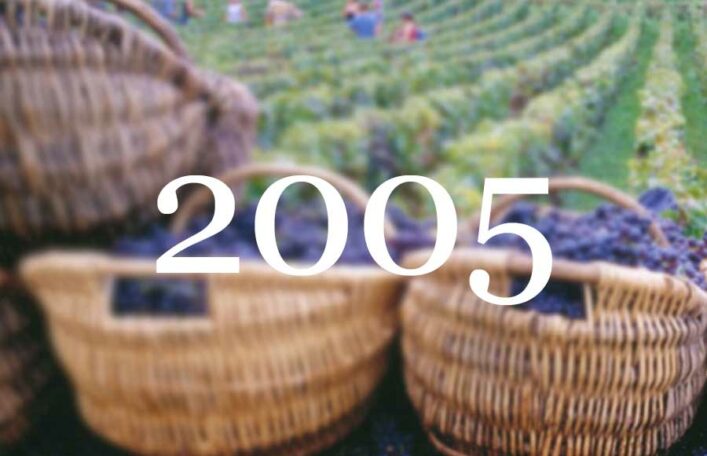
The weather
There was a slow start to the growing season after the extended cold winter, which did not finish until around March 10th. Happily, there were no frost problems thereafter, with a fair crop setting in the white vines; more restrained for reds. However, some vineyards which were really badly hailed on in 2004 had very few bunches this year.
April and May were wetter than usual, which with hindsight was just as well after a dry winter and in view of the drought to come. The flowering was kicked off by the very hot weekend of May 28th/29th, but then spread out over nearly three weeks as the weather turned cold again, leading to millerandage and variable ripening, especially in the whites.
There was a burst of heat in late June, followed by a dry but not exceptionally hot July and August. Unlike 2003, when excess heat was the problem, in 2005 drought was much more of an issue, affecting young vines and those vineyards with very little topsoil. Except in Chablis (wet in July) rainfall was far below average for the rest of the summer. Fortunately, the coolish weather meant there was relatively little hail damage: a little early on in the season in the Hautes-Côtes (March) and Chambolle (end April), then one very serious storm doing a great deal of damage in Santenay and parts of Chassagne- Montrachet on July 17th.
September began with a brief burst of heat and then some much-needed rain to put juice back into the grapes. The starting date of the harvest, the Ban de Vendanges, was set for Monday September 12th in the Côte de Beaune and Thursday 15th in the Côte de Nuits. Domaine de la Romanée Conti got permission to start picking before the 15th, though many other growers did not begin until well into the following week.
If anything, there had been a little more water across the summer in the Côte de Nuits compared to the Côte de Beaune, where the grapes looked ripe but soundings showed relatively low sugar levels. This caused several growers to wait after finishing picking the whites before starting on the reds.
It was a stress-free harvest: the weather forecast was set fair for most of the month, allowing vignerons to be relaxed about when to pick individual parcels. Healthy grapes and not much foliage made picking very easy, taking not much more than half the time needed to bring in the more difficult 2004 crop. Producers reacted by using small teams or else finishing early in the day, rather than hurrying through the harvest.
It proved to be a slightly small- to medium-sized crop. The whites, having suffered more from millerandage, produced less than the reds in the end. The black grapes had thick skins and ripe pips, giving rapid and profound colour extraction.
First impressions
The white wines showed good degrees of alcohol and well-balanced acidity, with not much malic acid but rather more tartaric. Some difference in maturity was evident, according to individual vineyards, but those who took the trouble with the order and date of their picking enjoyed excellent results. These were evidently powerful wines, with some tannins from the grape skins which may have masked the acidity that analysis showed to be present. As a result, some tasters considered the whites to be top-heavy and unbalanced. However, the best examples looked like sleeping giants.
The wines in bottle
The reds went into their shells very rapidly, with the tannic structure from the long, dry summer firming up around the exceptionally concentrated body of fruit. These will be majestic wines over the long term and they are still very far from ready. I have been continuing to drink basic Bourgogne Rouge 2005 with the greatest pleasure, and they are still showing in youthful guise. Village wines are just starting to open up, but it would be better to keep back the top appellations.
The whites are far less uniformly successful. Many showed an element of oxidation even quite early in their lives, frustrating not least because one could sense a really powerful wine with immense energy beneath. Having been thrilled with the Leflaive wines from barrel, I purchased a case of the 2005 Puligny-Montrachet 1er Cru Les Pucelles. I decided to ride out the worst of the ‘at risk’ period for premature oxidation, and waited until May 2019 before trying my first bottles from the case – and they absolutely lived up to expectations.
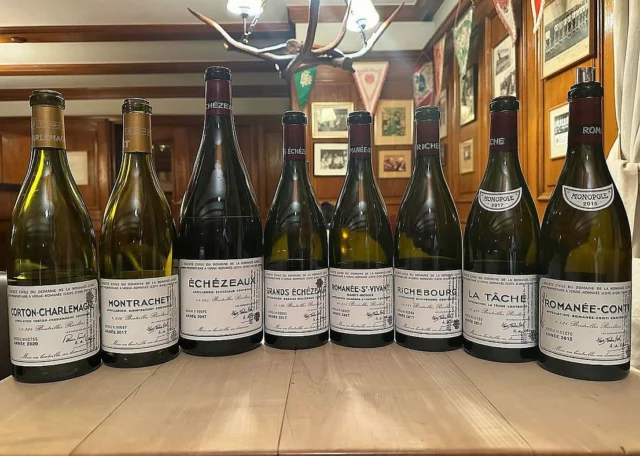
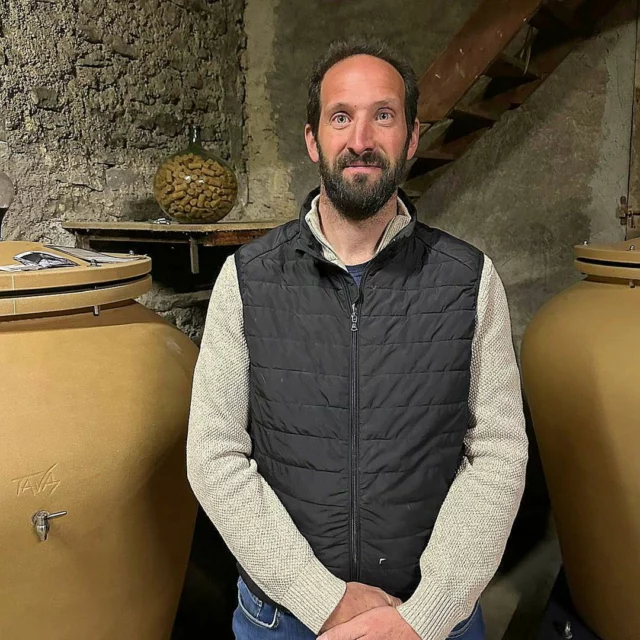

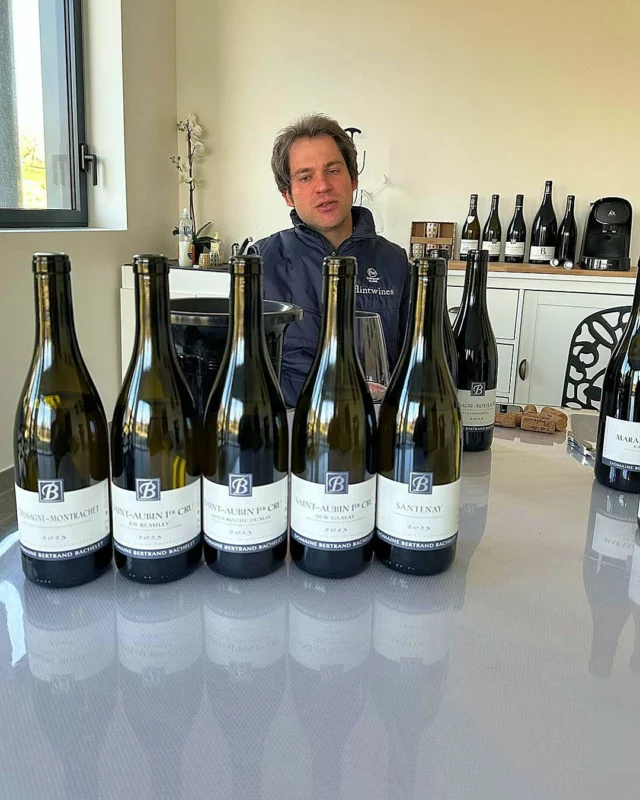
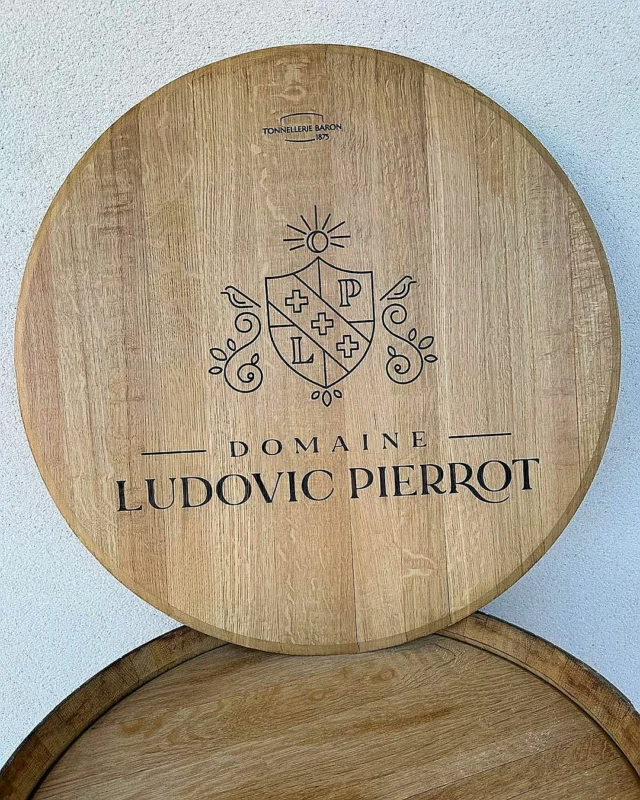
 NEW TASTING REPORT
NEW TASTING REPORT
 Rippon: T
Rippon: T